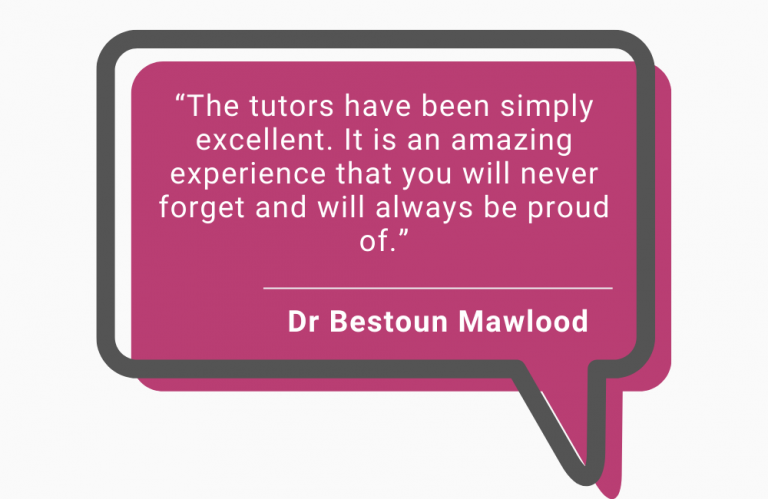One of the most common questions we get asked is “Are online courses worth it?” so we’ve put together a quick guide. This should help you get a better understanding of what to expect when you study online courses with Diploma MSc.
The most important thing to know is that our online courses are conducted entirely online through self-directed distance learning – which is great because it means that you can fit your studies around your lifestyle. Learning online is a big commitment though, so it’s important to understand what you’re getting into – both what to expect from the course and what’s expected from you – so you can get the best study experience.
Studying Online
Most of our postgraduate students have jobs, families and social lives which they juggle while studying. They choose online learning because they have lots of commitments that make physically going to university unrealistic.
You should expect to spend a minimum of 15 hours on the course each week. We recommend logging onto the course daily to get the most out of the course – for reference, our highest achieving students dedicate 1-2 hours a day to study.

You’ll receive guidance from your course tutor with tutor-stimulated academic discussions, which are based on clinically-rich case scenarios. These usually occur within groups of 10-15 students, letting you communicate with both your tutor and fellow students. You’ll also participate in a combination of module activities that may be group and/or individual based, dependent on the module. These will help you translate your studies into your everyday work and practice.
Our friendly, highly-rated Student Support Team can help with any problems. From navigating our online learning platform to advising you on deadlines, our team can assist with any questions or challenges you may have along the way.
Online Study Tips
1. Understand what’s expected of you. Familiarise yourself with the learning practices and technical requirements. Ensure you have enough free time to complete the course – it’s a big commitment, but many find online study highly addictive!
2. Create a dedicated study space. Make it quiet, comfortable, organised and supplied with all the necessities for study (pens, paper, textbooks etc.).
3. Minimise distractions. Turn off your television and mute social media accounts. Ask family and friends to respect your study time.
Interested in reading about student experiences? Check out our Student Stories page!
4. Set a routine. Create a study plan and stick to it. Make it a habit and set time limits so you know when to take breaks and remember: studying for too long can have a detrimental effect and can lead to reduced concentration, eye strain and poor knowledge retention.
5. Involve yourself. Gain a sense of community by participating in discussions. Respond to questions from fellow students, ask any of your own, and don’t be afraid to reach out to your peers and tutors if you need help.
6. Stay motivated. Learning online is a challenge our students love sinking their teeth into. It’s a rigorous process, but it’s incredibly rewarding, so it’s important to stay positive and motivated throughout your studies.

We hope this is helpful. If you have any questions about how online courses are conducted, please feel free to get in touch – we’re happy to chat.
By Jodie Pride, Content Marketer
